The Correct Use of Adjectives:
(1) The Adjective is placed near the Noun it qualifies; as,
- This is a beautiful garden.
- This garden is beautiful.
Note- When the Adjective stands together with the Noun it qualifies, it is used attributively as in the first sentence. When it stands away from the Noun and is separated by a Verb, it is used predicatively as in the second sentence.
(2) In certain phrases the Adjective or Adjectives always come after their Nouns; as, time immemorial, heir apparent, viceroy elect, God Almighty, Queen Elizabeth II, Alexander the Great.
| Incorrect | Correct |
|---|---|
| Here is a worth-seeing sight. | Here is a sight worth seeing. |
| Open your book at ten page. | Open your book at page ten. |
Note- Similarly we say-
- A wall ten feet high.
- A man honest and true, pious and pure.
- A boy full of enthusiasm.
(3) The following Adjectives are used as Nouns in the singular- little, less, last, much, whole; as,
- The whole of India is making progress.
- Much was said, but little was done.
- He breathed his last.
Note- In the following phrases, Adjectives are used as Nouns-
- From bad to worse.
- At one’s best.
- Before long.
- In short.
- For good.
- In balck and white.
- Through thick and thin.
- High or low.
(4) The following Adjectives are used as Nouns in both Numbers-
Daily (dailies), Weekly (weeklies), secret (secrets), moral (morals), liquid (liquids), solid (solids), Indian (Indians), German (Germans), etc.
- We contribute to two dailies and one weekly.
- Every Indian loves his country.
- What moral or morals do you draw from this story?
(5) Nouns can also be used as Adjectives; as,
- Do you need a gold chain?
- Here is our village chowkidar.
- This is an iron chair.
- That is a stone wall.
(6) Some Important Distinctions-
(a) Few, A Few, The Few.
Few means not many or hardly any. It is used in the negative sense; as,
- He is a man of few words.
A few means some. It is used in the positive sense; as,
- I have a few friends only.
The few means all of a given small number. It is used in both the positive and the negative sense; as
- The few rupees I had are spent.
(b) Little, A Little, The Little.
Little means nothing or hardly any. It is used in the negative sense; as,
- I have little money to spare.
A little means some. It is used in the positive sense; as,
- Please give me a little water.
The little means not much but the whole of the little quantity. It is used in both the positive and the negative sense; as,
- The little money I had has been spent.
(c) Some, Any.
Some is used in positive sentences. Any is used in negative sentences; as,
- I have got some money.
- I have not got any money.
Both some and any can be used in interrogative sentences; as,
- Have you got any or some money?
| Incorrect | Correct |
|---|---|
| I have not got some money. | I have not got any money. |
(d) Each, Every.
Each is used in speaking of two or more persons or things; as,
- Each of the two student got a prize.
- Each student of the tenth class got a prize.
Every is used in speaking of more than two persons or things; as,
- Every man is born free.
- Every one of the eleven players was in uniform.
| Incorrect | Correct |
|---|---|
| Every of the two students got a prize. | Each of the two students got a prize. |
Note- Each and Every take a singular verb.
(e) Either, Neither.
Either means one of the two or both; as,
- You can have either book.
- Trees were planted on either side of the canal.
Neither means not any one of the two; as,
- Neither side is winning the match.
Note- Any in the positive sense and None in the negative are used when more than two things or persons are meant; as,
- You can have any book (or books) you like.
- I will have none of these books.
(f) Each other, One another.
Each other refers to two persons or things; One another to more than two; as,
- Mohan and Sohan love each other.
- Mohan, Sohan and Sham love one another.
(g) Whole, All.
Whole denotes quantity. All denotes both number and quantity; as,
- The whole of the town was on fire.
- All the houses of the town were on fire.
- All the day he was busy in extinguishing fire.
Note- The Whole means entire, all.
- The whole city was burnt to ashes.
(h) Every fourth day, Every four days.
Every fourth day means after an interval of three days; as,
- He takes medicine every fourth day.
Every four days means after an interval of four days; as,
- He takes medicine every four days.
Note- He comes here every day (daily).
- He comes here every other day (every second day, after an interval of one day).
(i) First two, Two first.
- I have read the first two chapters (the first and second chapters of the same book).
- I have read the two first chapters (the first chapters of two different books).
(j) Many a, great many
Many a is followed by a singular noun and take a singular verb, while A great many takes a plural verb; as,
- Many a man has died of plague (At different times).
- A great many men have died of plague (A very large number of men).
- Many men have died of plague (At one time).
(k) Much, many.
Much denotes quantity. Many denotes number; as,
- I have taken much milk.
- I have taken many cups of milk.
(l) Very, Much, Far, By Far.
Very is used to modify Adjectives in the Positive and Superlative degrees. Much and far are used to modify Adjectives in the Comparative degree. By far is used before the Superlative degree for the same purpose; as,
- This is a very interesting story. (Positive Degree)
- This is the very best boy of the class. (Superlative Degree)
- This is much more interesting book than that. (Comparative Degree)
- This is a far better method than that. (Comparative Degree)
- He is by far the best friend of mine. (Superlative Degree)
Note- Much is also used before Past Participles when they are used as Adjectives; as,
- He was much surprised to hear of my failure.
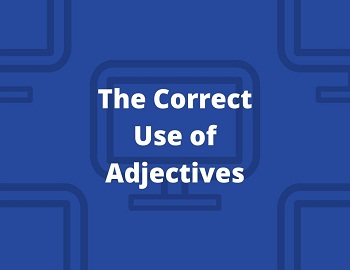
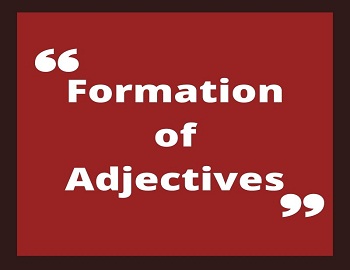
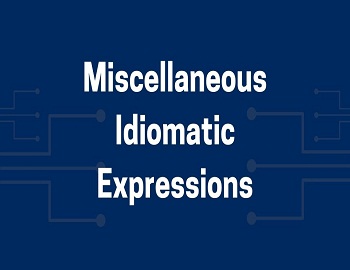
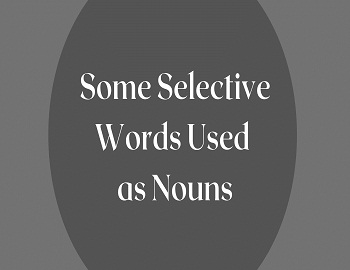
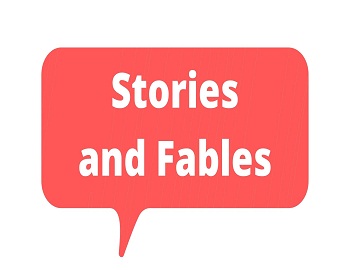
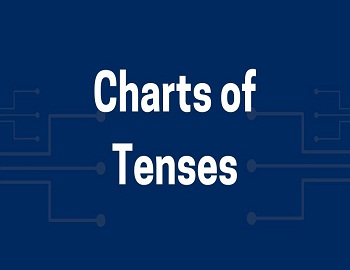
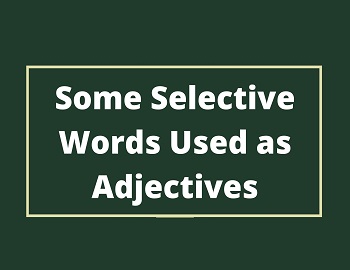
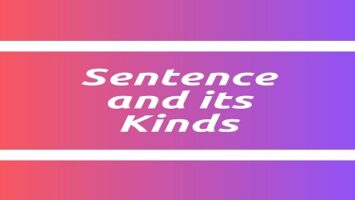
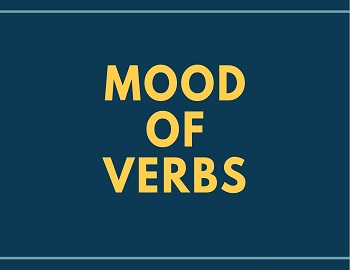
Comments (No)